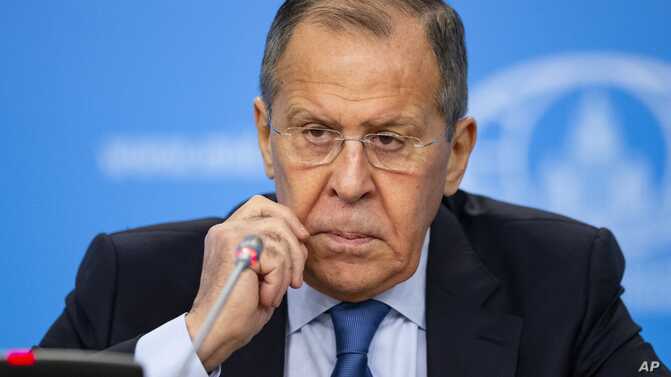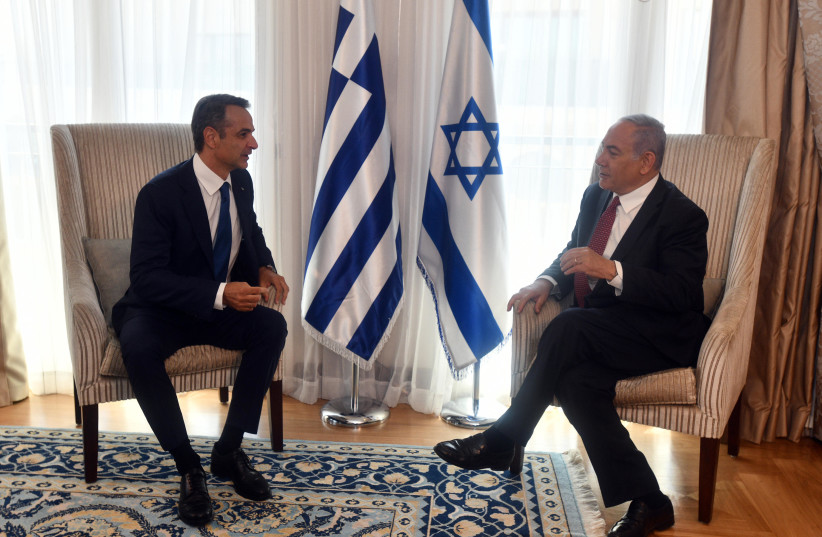Russia and China have echoed the European Union’s sentiments, reiterating that the US is in no position to use the Iran nuclear deal as a platform for imposing a permanent weapons embargo on Iran. In a May 27 letter, to the UN Security Council, and U.N. chief Antonio Guterres made public today, Russian Foreign Minister Sergey Lavrov criticized the US position as “ridiculous and irresponsible.”
“This is absolutely unacceptable and serves only to recall the famous English proverb about having one’s cake and eating it,” Lavrov wrote.
Last week, US Ambassador to the UN Kelly Craft said a draft resolution would soon be introduced to the Security Council calling for a permanent arms embargo on Iran, as it has violated the conditions of the Joint Comprehensive Plan of Action (JCPOA). Despite no longer being part of the accord, Craft and US Secretary of State Mike Pompeo have both intimated that reintroducing UN-backed weapons sanctions, under the basis of the JCPOA agreement, is currently a top US priority.
Top Chinese and European Union diplomats have also questioned the Trump administration’s call for a snapback to pre-JCPOA sanctions. All permanent Security Council members — Russia, China, the US, France and UK — have a right to veto resolutions.
“The United States, no longer a participant to the JCPOA (nuclear deal) after walking away from it, has no right to demand the Security Council invoke a snapback,” Wang told the Security Council and Guterres in a letter on June 7.
On June 9, EU foreign policy chief Josep Borrell Frontelles agreed, stating, “the United States has withdrawn from the JCPOA, and now they cannot claim that they are still part of the JCPOA in order to deal with this issue from the JCPOA agreement.”
“They withdraw. It’s clear. They withdraw,” he stressed.
The US unilaterally pulled out of the Joint Comprehensive Plan of Action (JCPOA) accord
between the U.S., Britain, Germany, France, China, Russia and Iran in 2018. Under the 2015 plan Iran promised to limit sensitive nuclear activities, in return for an easing of sanctions. However the agreement began to unravel when Trump pulled out of the deal under his “maximum pressure” campaign, and re-imposed stringent US economic sanctions.
Under the JCPOA, which is enshrined in a UN resolution, if Iran violates the terms of the accord, sanctions, including an arms embargo, can be reinstated. Iran has violated the terms of the nuclear deal since the US pulled out, but Lavrov, Wang, and Borrell argue that the US has waived its rights to push for renewed sanctions since pulling out of the accord.
“A party which disowns or does not fulfil its own obligations cannot be recognized as retaining the rights which it claims to derive from the relationship,” Lavrov explained, invoking 1971 International Court of Justice precedent.
Read also: Iran to Execute Spy Who Gave Soleimani’s Location to US





